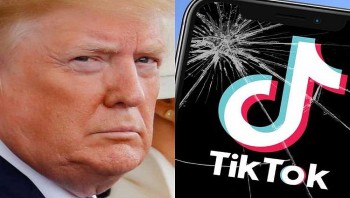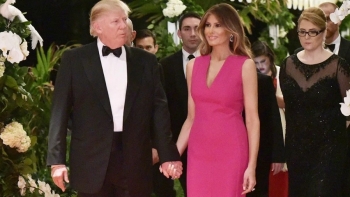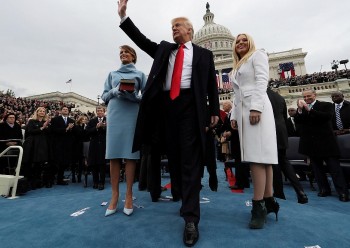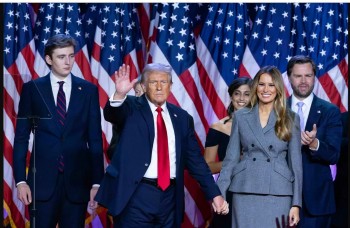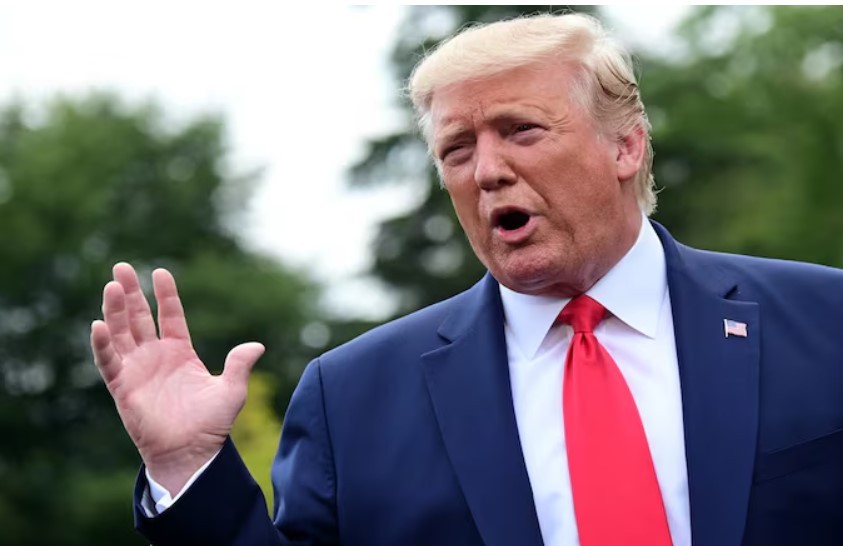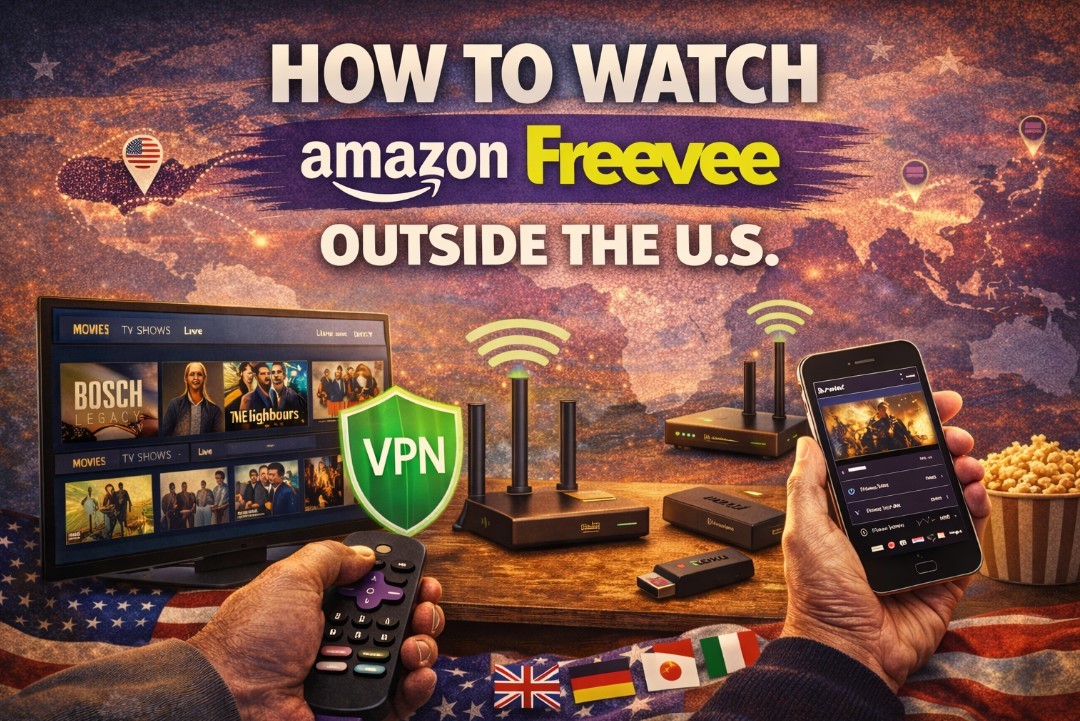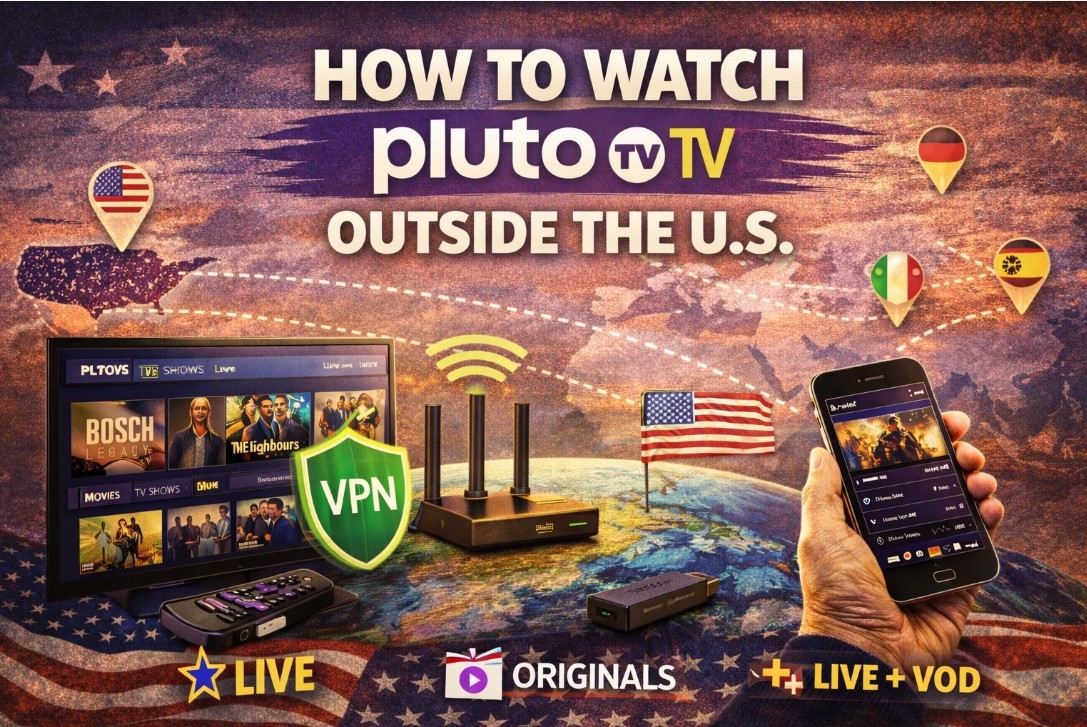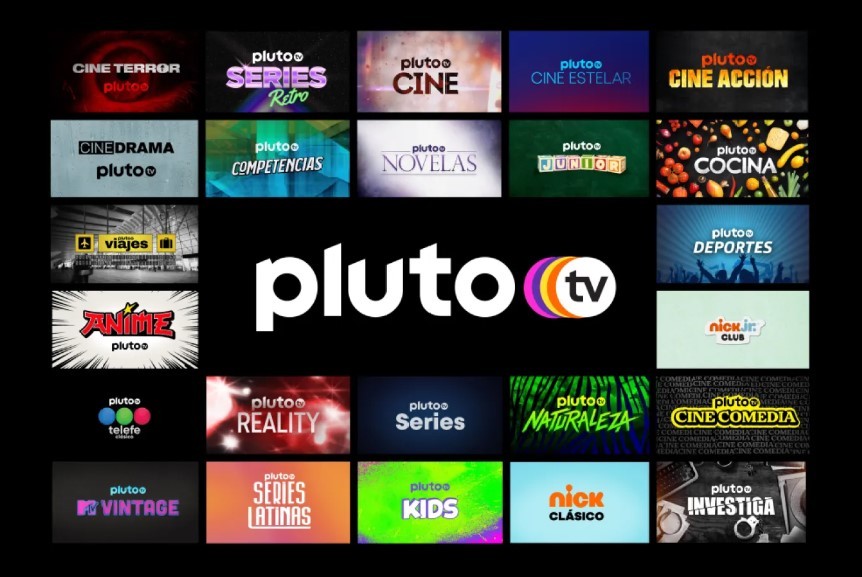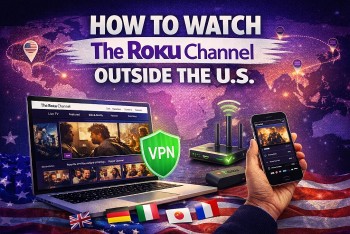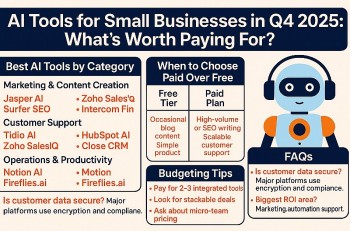Full list of Tech CEOs Donate $1 Million Each to Trump's Inaugural Fund
CEOs like Mark Zuckerberg (Meta) and Tim Cook (Apple) have each given $1 million. Here's a list of tech CEOs who have contributed:
-
Tim Cook (Apple): $1 million
-
Mark Zuckerberg (Meta): $1 million
-
Andy Jassy (Amazon): $1 million
-
Sam Altman (OpenAI): $1 million
-
Dara Khosrowshahi (Uber): $1 million
Uber as a company also donated an additional $1 million, making their total contribution $2 million.
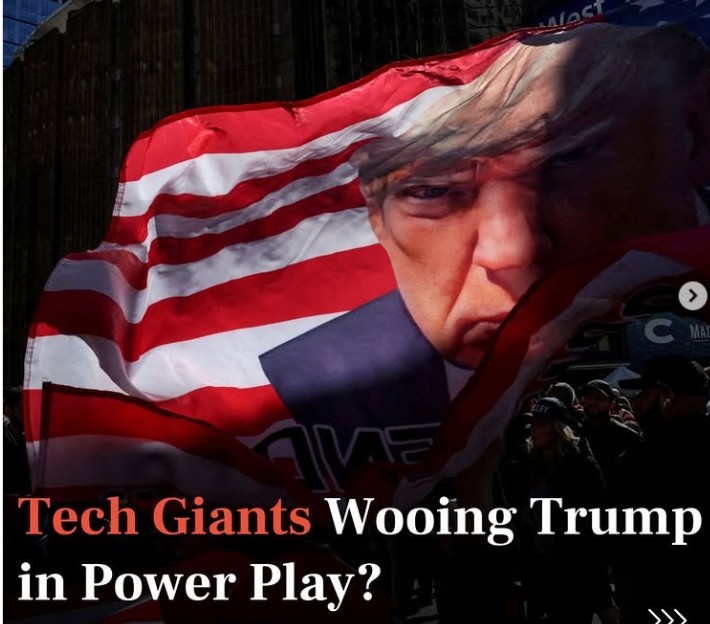 |
These funds help cover expenses for events like the inaugural parade and balls. Trump's 2017 inauguration raised a record $107 million, nearly double the previous record.
During his second tenure in public influence following his first presidency, Donald Trump’s relationship with America’s technology giants has undergone a dramatic shift. Unlike the adversarial tone and public clashes during his first term, Trump’s interactions with Big Tech companies in this new phase appear markedly cooperative. This change has raised questions about what has driven this transformation, its implications for U.S. politics, and the potential motivations on both sides. This article explores the reasons behind Trump’s improved relationship with Big Tech, providing insights into how this dynamic has evolved.
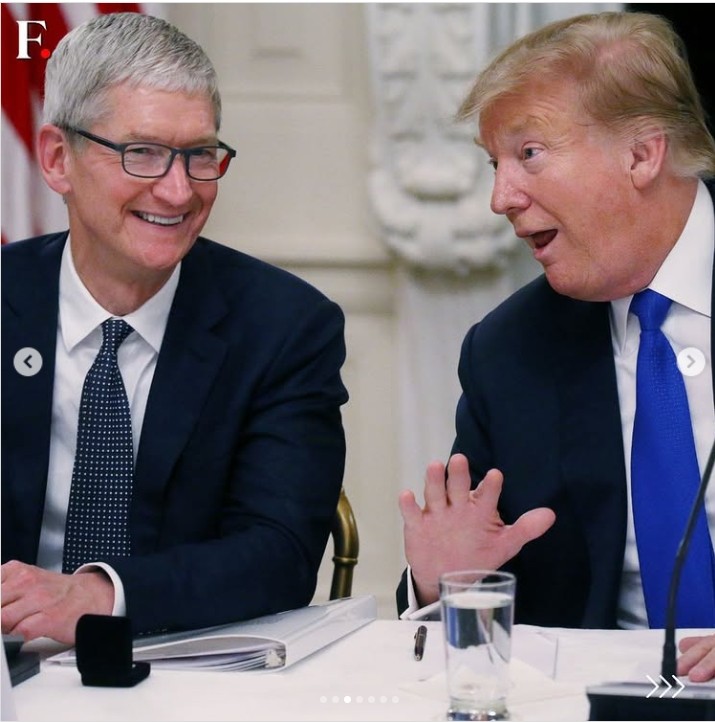 |
| Donald Trump and Tim Cook |
The Strained Past: Trump’s First Presidency
Antagonism Toward Big Tech
During his first presidency (2017–2021), Trump frequently clashed with major technology companies, accusing them of censorship, bias against conservative voices, and monopolistic practices. Some of the key flashpoints included:
-
Social Media Bias Allegations: Trump accused platforms like Twitter and Facebook of silencing conservative voices and shadow-banning Republican figures.
-
Section 230 Criticism: He sought to repeal or reform Section 230 of the Communications Decency Act, which shields tech companies from liability for user-generated content.
-
Antitrust Investigations: His administration launched investigations into companies like Google, Amazon, and Apple, accusing them of anti-competitive practices.
-
Personal Bans: Trump’s relationship with Big Tech reached its nadir when major platforms banned him following the January 6, 2021, Capitol riot.
This period was characterized by hostile rhetoric, legislative threats, and lawsuits aimed at limiting the power of Silicon Valley.
The Current Scenario: A Cooperative Relationship
Fast forward to the present, and Trump’s tone toward Big Tech has significantly softened. In fact, his relationship with technology executives and companies now appears cordial, even supportive. Several developments have contributed to this shift:
1. Mutual Strategic Interests
Both Trump and Big Tech have found common ground in pursuing mutual goals:
-
Economic Growth: Trump’s pro-business policies align with the interests of technology companies seeking deregulation and tax incentives.
-
Artificial Intelligence Development: Trump has publicly expressed support for advancing AI, a key focus area for companies like Google and Microsoft.
-
China Policy: Both Trump and Big Tech share concerns about China’s technological advancements and intellectual property theft, creating a shared adversary.
2. Trump’s Media Ventures
Trump’s ventures into the media and technology space, such as the launch of Truth Social, have forced him to interact with and, to some extent, rely on technology platforms and infrastructure providers. While Truth Social is designed as an alternative to mainstream platforms, it depends on cloud computing services and app distribution channels dominated by Big Tech.
3. Shifting Political Dynamics
Big Tech companies have faced mounting scrutiny from both Republican and Democratic lawmakers. To counterbalance potential overreach, these companies may have sought to improve ties with Trump, a leading Republican figure.
4. Pragmatism in Trump’s Approach
Trump’s pivot toward Big Tech could be a strategic move to regain access to mainstream platforms and amplify his voice. By fostering goodwill, he might hope to influence platform policies or negotiate terms that allow him to reach a broader audience.
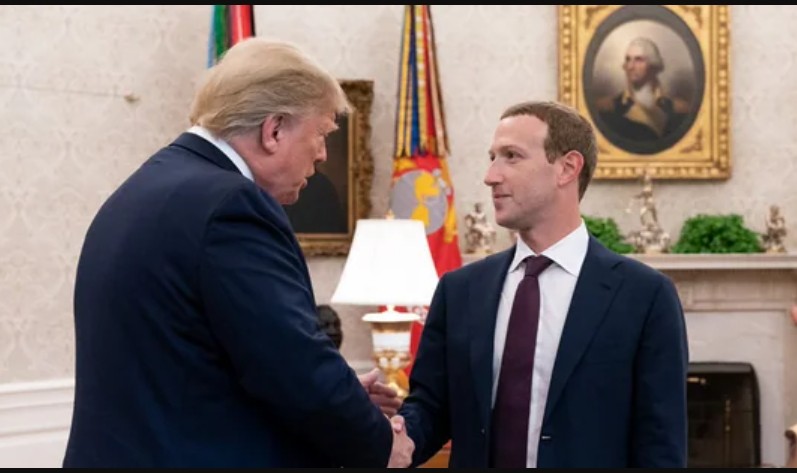 |
| Donald TRump and Mark Zuckerberg |
Key Factors Driving the Shift
1. Economic and Policy Alignment
Trump’s economic policies, including corporate tax cuts and deregulation, align with Big Tech’s priorities. During his tenure, tech giants benefited from reduced tax burdens and policies encouraging innovation.
2. Common Opposition to Oversight
Both Trump and Big Tech are wary of increased regulatory oversight. By working together, they can present a united front against efforts to break up monopolies or impose stricter data privacy rules.
3. The Role of Lobbying
Big Tech companies have invested heavily in lobbying efforts to influence policymakers. By fostering a positive relationship with Trump, they may aim to sway Republican lawmakers in their favor.
4. Reconciliation for Practical Gains
For Trump, rebuilding bridges with Big Tech offers tangible benefits:
-
Access to Platforms: Restoring his presence on mainstream platforms could enhance his political influence.
-
Tech Infrastructure: Collaboration with Big Tech is essential for scaling his media ventures.
-
Voter Reach: Big Tech platforms remain key channels for reaching and mobilizing voters.
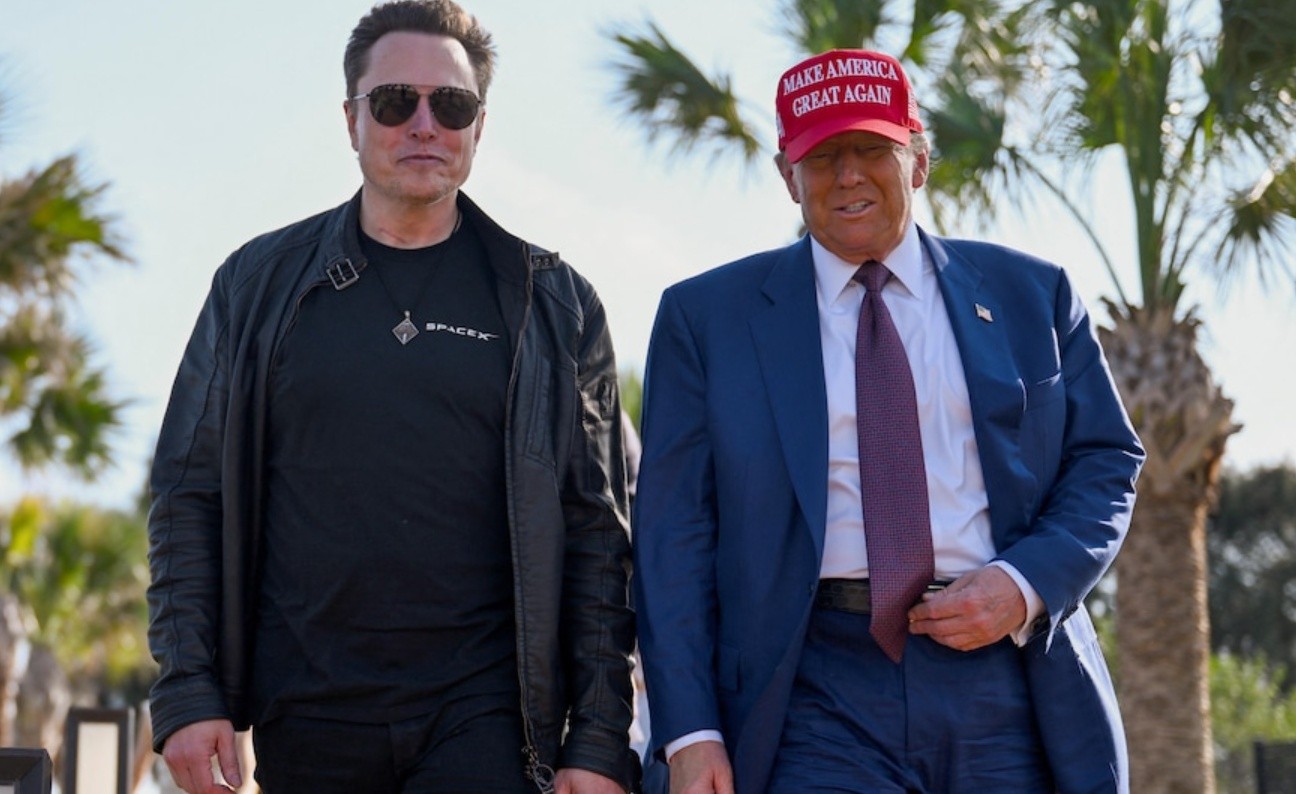 |
| Elon Musk and President elect Donald Trump |
Implications for U.S. Politics
The newfound cooperation between Trump and Big Tech has significant political implications:
-
Shaping Public Discourse: Improved relations could influence how platforms regulate political content, potentially affecting public discourse.
-
Policy Outcomes: A collaborative approach could shape policy debates on issues like antitrust laws and AI governance.
-
Election Strategies: Big Tech’s role in political campaigns may evolve as both sides leverage their partnership to reach voters more effectively.
FAQs
1. Why did Trump have a hostile relationship with Big Tech during his first presidency?
Trump criticized Big Tech for alleged censorship of conservative voices, monopolistic practices, and bias in content moderation policies.
2. What changed in Trump’s relationship with Big Tech?
Trump’s focus shifted toward shared economic and strategic interests, including AI development, China policy, and business-friendly policies.
3. How does Truth Social factor into this relationship?
Truth Social, Trump’s media platform, depends on technology infrastructure and distribution channels dominated by Big Tech, fostering interactions.
4. What role does China play in this dynamic?
Both Trump and Big Tech view China as a competitor in technology and trade, creating a shared adversary that strengthens their alignment.
5. Are there risks to this cooperation?
Yes, the cooperation could draw criticism from those who view it as compromising platform neutrality or enabling unchecked political influence.
6. How does this impact Trump’s political strategy?
Rebuilding ties with Big Tech allows Trump to amplify his message, mobilize voters, and regain influence on mainstream platforms.
7. What does this mean for Big Tech’s public image?
Improved relations with Trump may soften Republican criticism but could alienate some progressive users and lawmakers.
8. Is this relationship sustainable?
The relationship’s longevity depends on mutual benefits and how both sides navigate political and economic challenges.
9. How does this affect regulatory efforts?
A cooperative relationship may delay or weaken efforts to regulate Big Tech by presenting a united front against legislative actions.
10. Will Trump return to mainstream platforms?
While Trump has hinted at returning, the terms of his reinstatement will depend on ongoing negotiations and platform policies.
| Donald Trump’s evolving relationship with Big Tech underscores the complex interplay of politics, economics, and technology. What began as an antagonistic dynamic has transformed into a pragmatic partnership, driven by shared interests and mutual goals. While this shift has significant implications for U.S. politics and public discourse, it also raises questions about the balance of power between political figures and technology platforms. As Trump and Big Tech continue to navigate this newfound alignment, their cooperation will undoubtedly shape the future of American politics and technology policy. |

